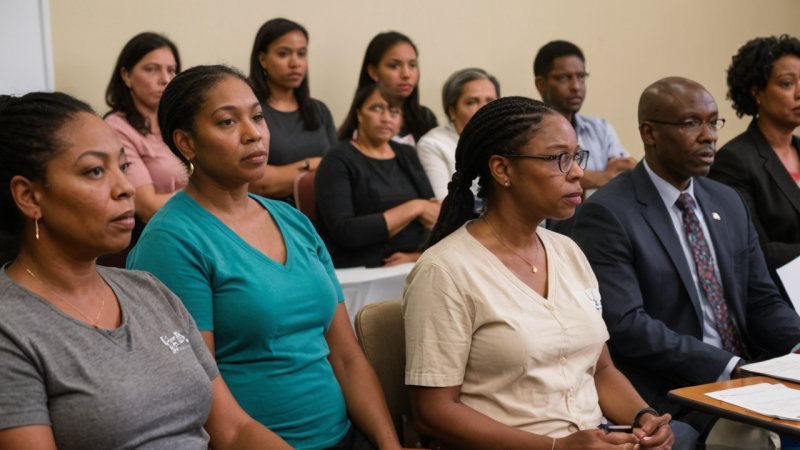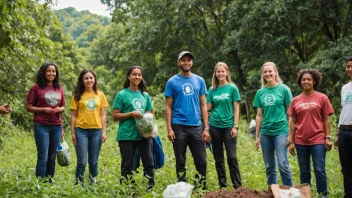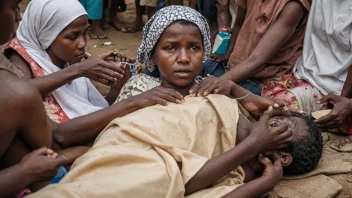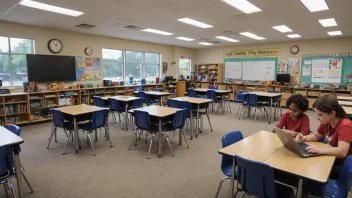What are vulnerable populations in the context of climate change?
Vulnerable populations refer to groups of people who are at greater risk of experiencing negative impacts from climate change due to their socioeconomic status, geographic location, or lack of resources. This includes low-income communities, indigenous groups, the elderly, children, and those with pre-existing health conditions.
How does climate change specifically affect health and wellbeing among vulnerable populations?
Climate change can exacerbate health issues through increased heatwaves, worsened air quality, and the spread of infectious diseases. Vulnerable populations often lack access to healthcare and resources, making them more susceptible to these health risks.
What role does education play in mitigating the impacts of climate change on vulnerable communities?
Education empowers vulnerable communities by providing knowledge about climate change, its effects, and strategies for adaptation. It can enhance resilience by equipping individuals with skills to advocate for their needs and participate in decision-making processes.
How can individuals contribute to supporting vulnerable populations affected by climate change?
Individuals can support vulnerable populations by volunteering with local organizations that focus on climate justice, advocating for policies that protect these communities, and educating themselves and others about climate change impacts.
What are some examples of successful initiatives aimed at helping vulnerable populations cope with climate change?
Successful initiatives include community-led adaptation projects, such as building resilient infrastructure, creating green spaces, and implementing sustainable agricultural practices. Organizations often partner with local communities to ensure that solutions are culturally appropriate and effective.
What are the long-term implications of climate change on global social justice?
The long-term implications of climate change on social justice include increased inequality as vulnerable populations may face more severe consequences, such as loss of livelihood and displacement. Addressing climate change is essential to achieving social justice and ensuring equitable access to resources for all.






